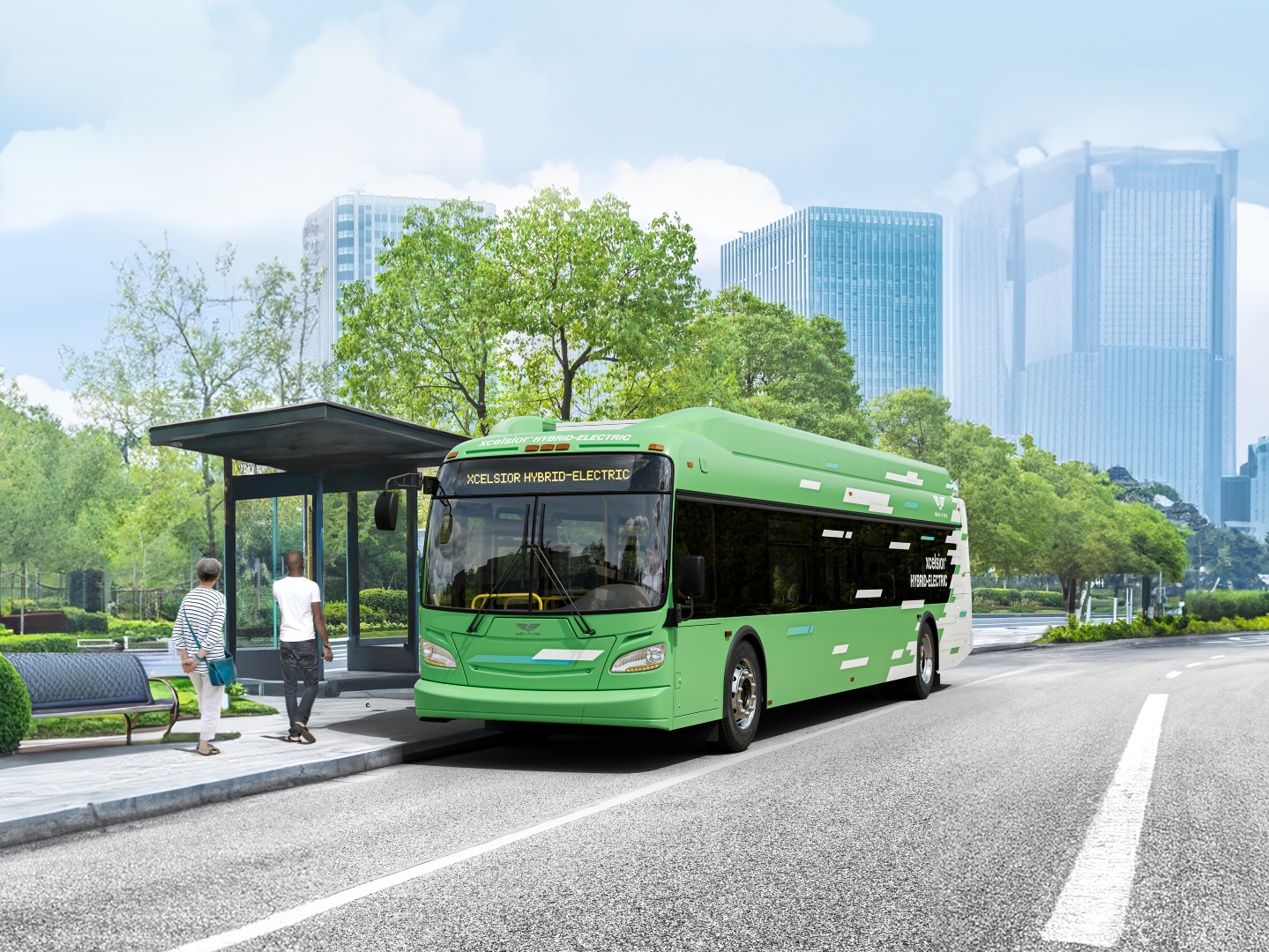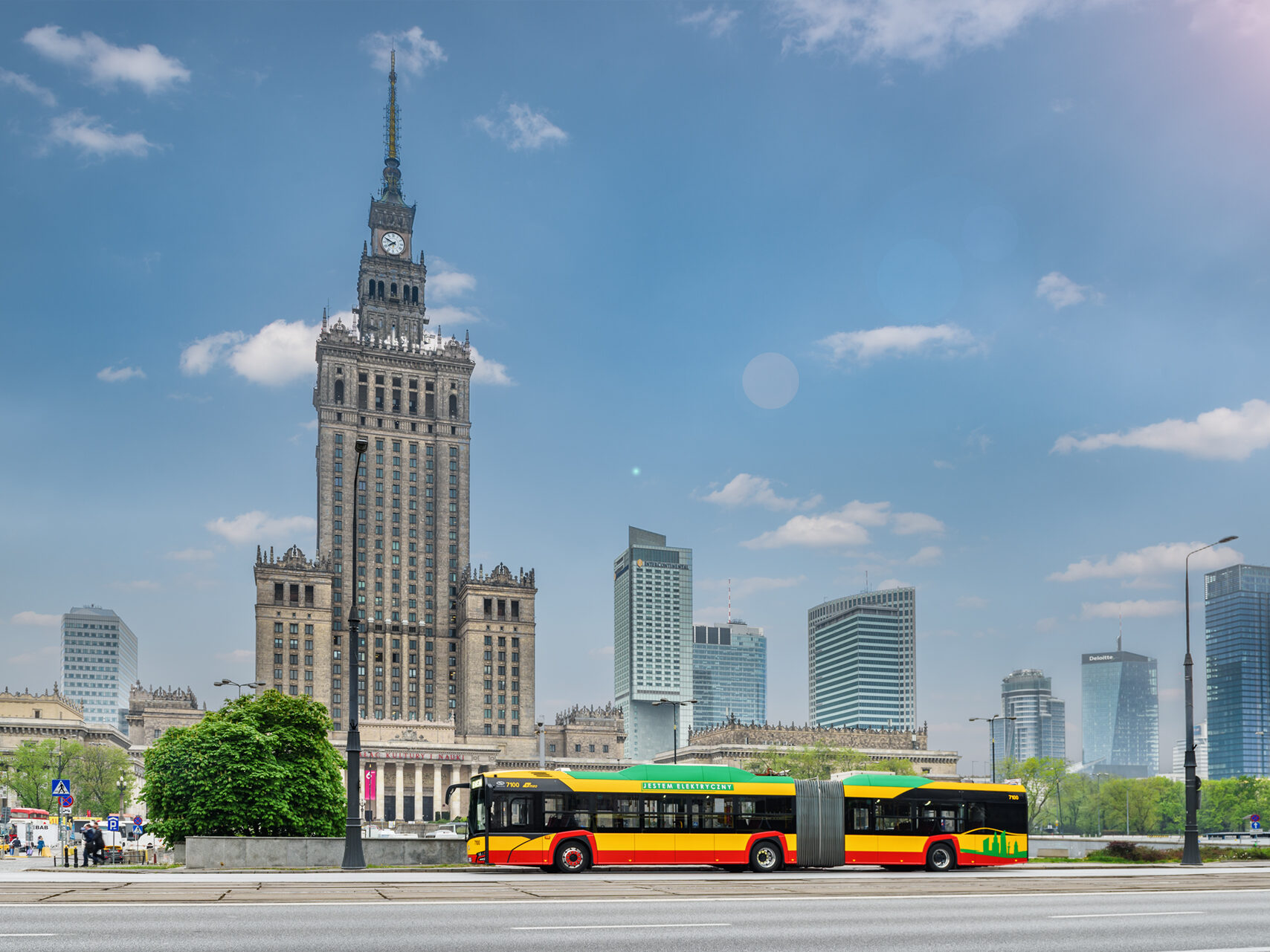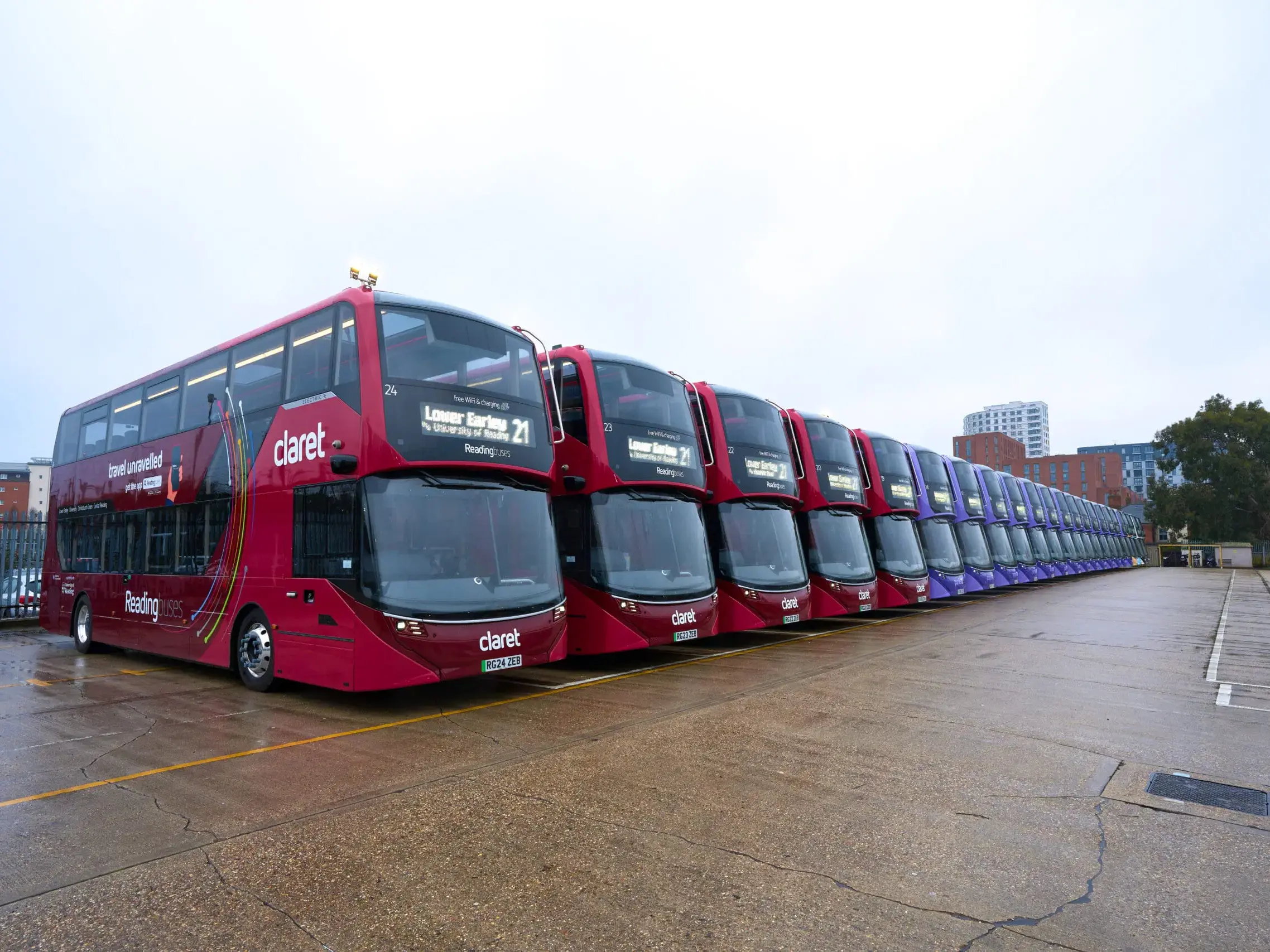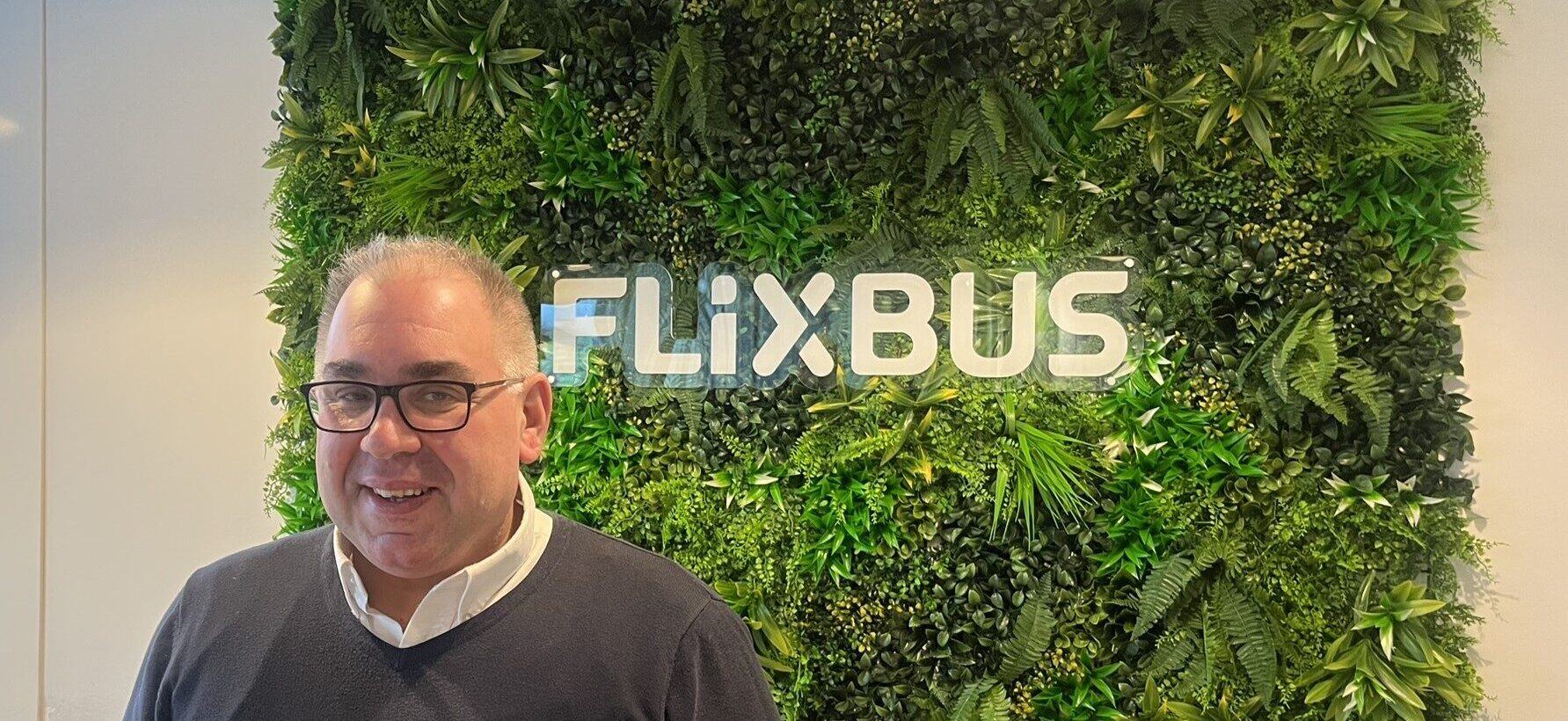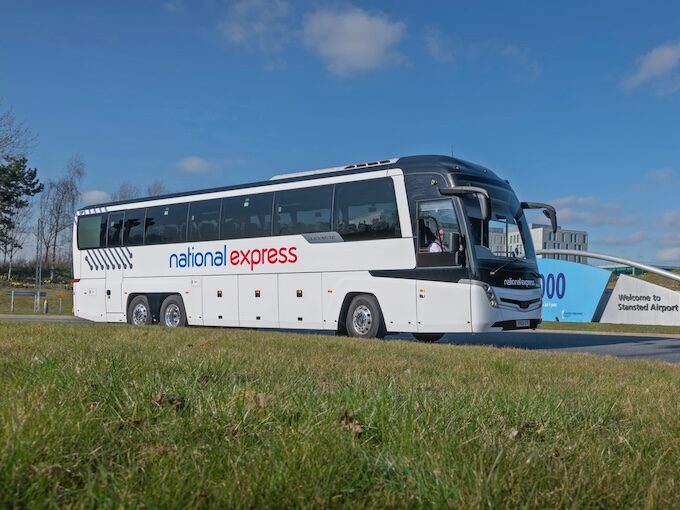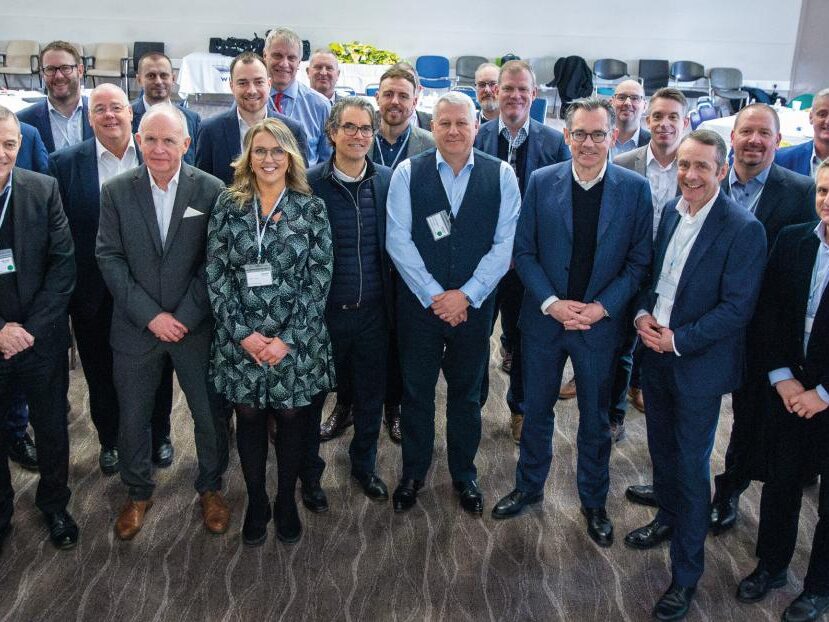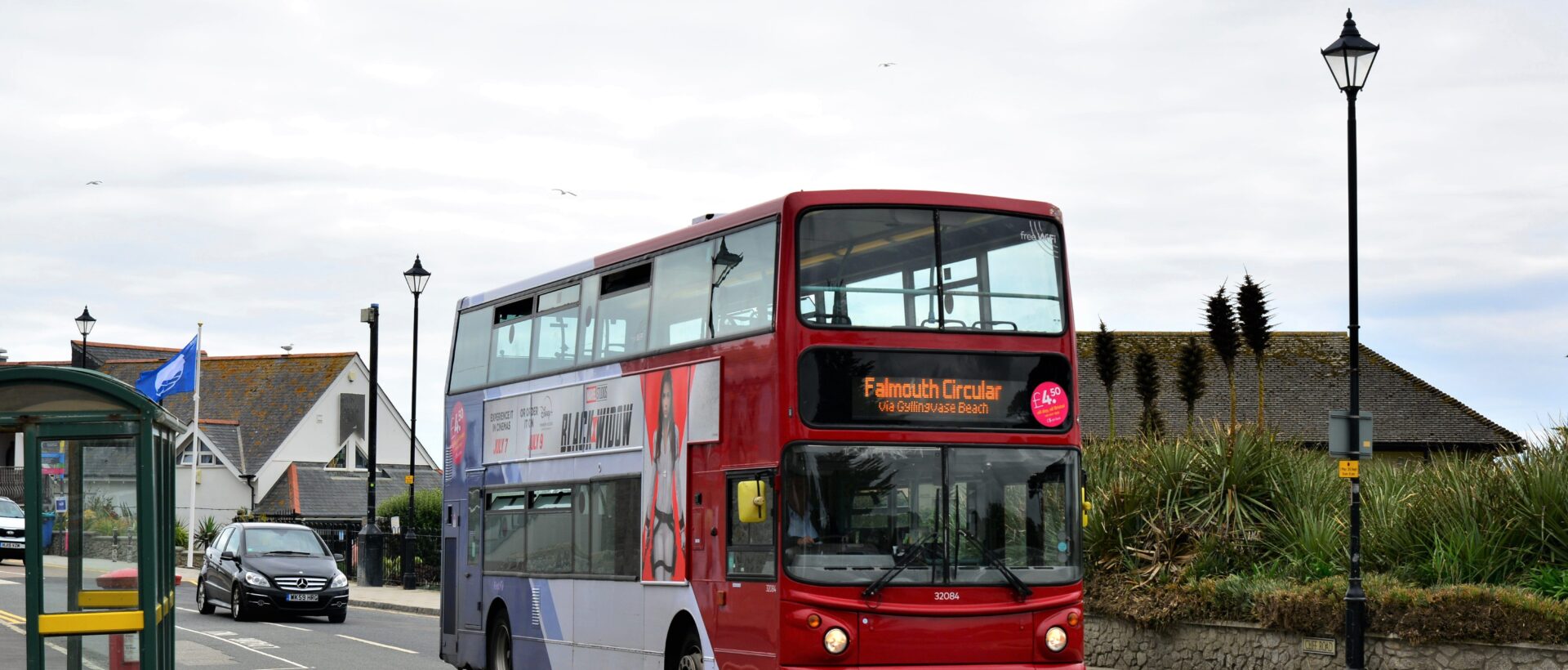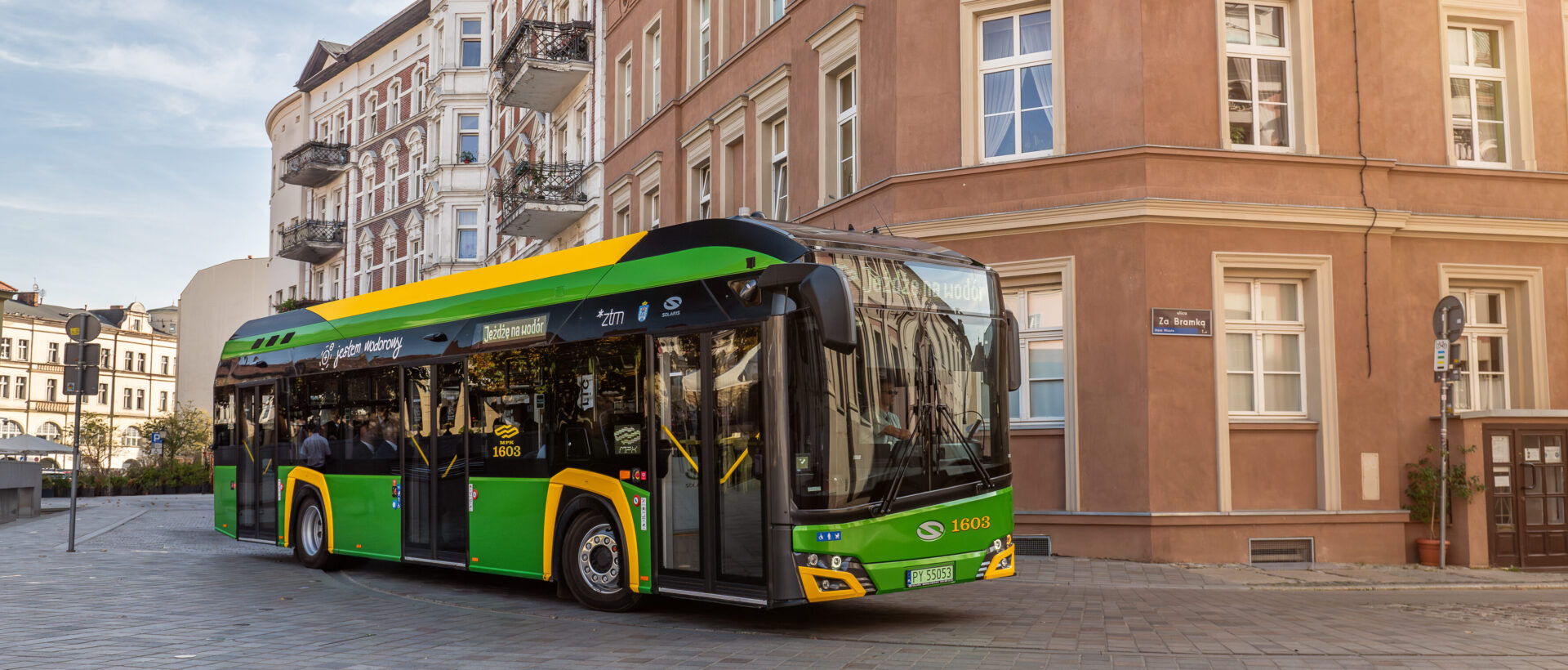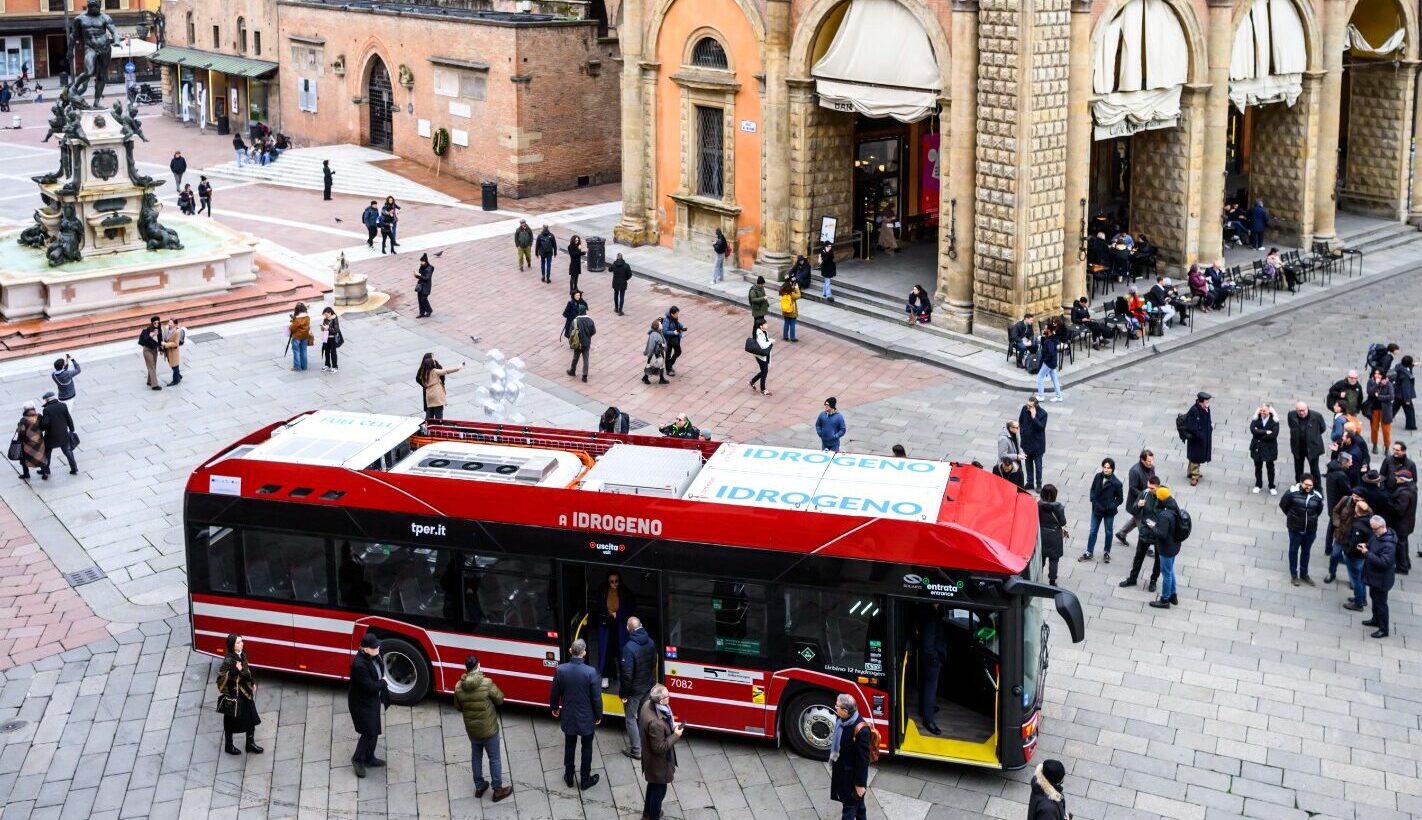Wrightbus has introduced the latest upgrade of its hydrogen-powered double-decker bus, the StreetDeck Hydroliner Gen 2.0.
The upgraded vehicle was unveiled at the company’s Ballymena factory on 20 February 2025. It has been designed to improve efficiency, reduce costs, and increase passenger capacity compared to its predecessor.
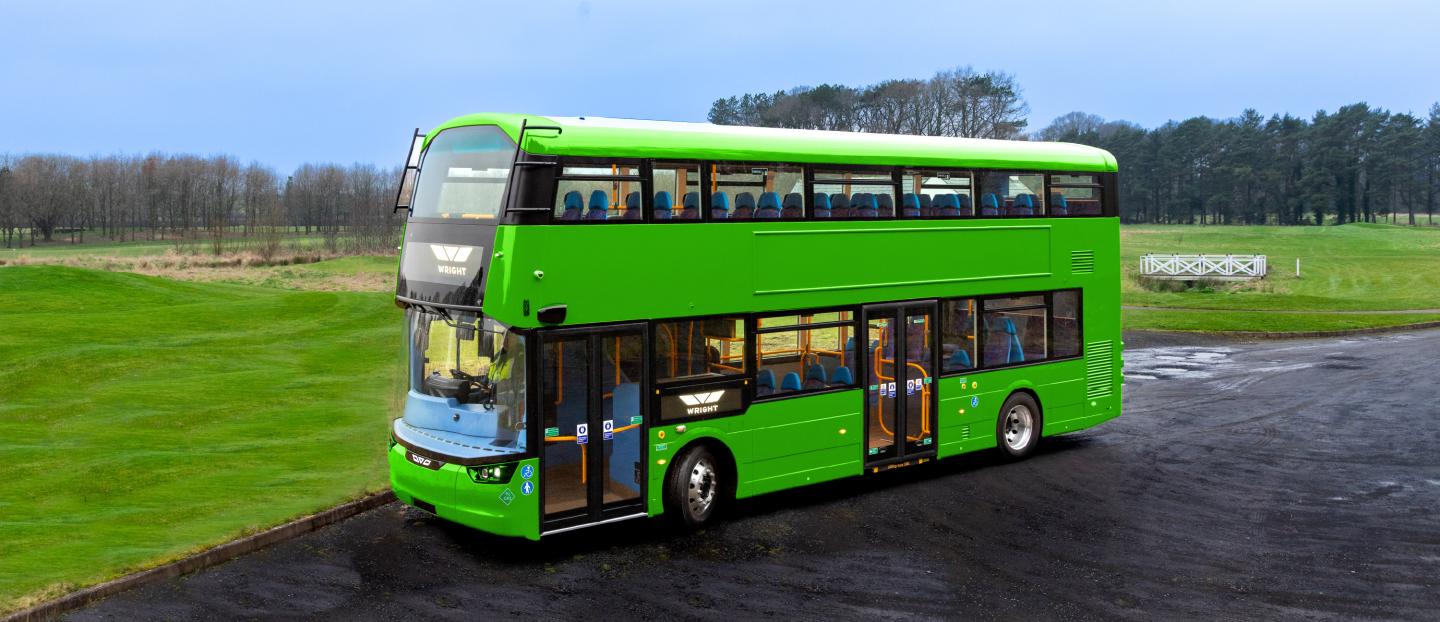
The hydrogen-powered bus builds on the foundation set by the original StreetDeck Hydroliner, which was launched in 2020 as the world’s first hydrogen double-decker.
The new model incorporates advancements in fuel efficiency, range, and maintenance, making it a more viable alternative to diesel-powered public transport.
The Next Gen Hydroliner has been engineered with a focus on cost reduction and operational efficiency. It offers a 20% saving in fuel costs, a 30% reduction in maintenance part expenses over 15 years, and a 5% increase in passenger capacity. These improvements align with efforts to make zero-emission transport more accessible to bus operators.
The vehicle features a new fuel cell supplied by Ballard, combined with an advanced electric traction system. It can be refuelled in approximately eight minutes and has a range exceeding 300 miles, positioning it as a practical diesel replacement.
Safety and accessibility have also been considered, with a redesigned front end to enhance protection for vulnerable road users.
Jean-Marc Gales, CEO of Wrightbus said:We are delighted to unveil our next-generation hydrogen bus, which really showcases the breadth of knowledge and innovation we have here in Northern Ireland at Wrightbus, and in our UK supply-chain partners. Our development team have ensured this flagship bus is more efficient, travels further, costs less and is easier to service and maintain, and we are grateful to the APC and the Department for Business and Trade for their assistance with funding half of this project.
This project was part-funded by the UK government through the Advanced Propulsion Centre UK (APC), with Wrightbus working alongside a consortium of partners, including Grayson Thermal Systems, Queen’s University Belfast, HYGEN, and Translink. This collaboration has supported the UK’s capability to develop and manufacture zero-emission transport technology at scale.
Philippa Oldham, Stakeholder Engagement Director at APC said:This fuel-cell powered bus shows the opportunity to commercialise this technology. Buses are an integral part of the public transport network, with over 30,000 diesel buses operating across the UK and Ireland. Buses around the globe have to operate within a variety of constraints, whether it be related to topography or loading demands. This means that there needs to be a variety of options for this sector and the success from this project shows that hydrogen fuel-cell technology is great solution.
Over the last year, Wrightbus has experienced significant growth, with 95% of all buses produced at its Ballymena factory now classified as zero-emission. The company anticipates further expansion, with plans to create up to 1,000 supply chain jobs and grow its workforce to 2,500 employees.
The launch of the StreetDeck Hydroliner Gen 2.0 represents another step in the ongoing transition towards zero-emission public transport, reinforcing Wrightbus’s role in developing sustainable transport solutions for the UK and beyond.
North Antrim MP Jim Allister said:I’m delighted to witness another chapter of the Wrightbus success story, particularly in regards its innovative leadership in the hydrogen sector. Wrightbus is a remarkable story. Since it was rejuvenated under its current ownership, it has gone from strength-to-strength - not just in the number of jobs it has created, but in terms of technology and achievements, where it is leading the world in hydrogen technology.











